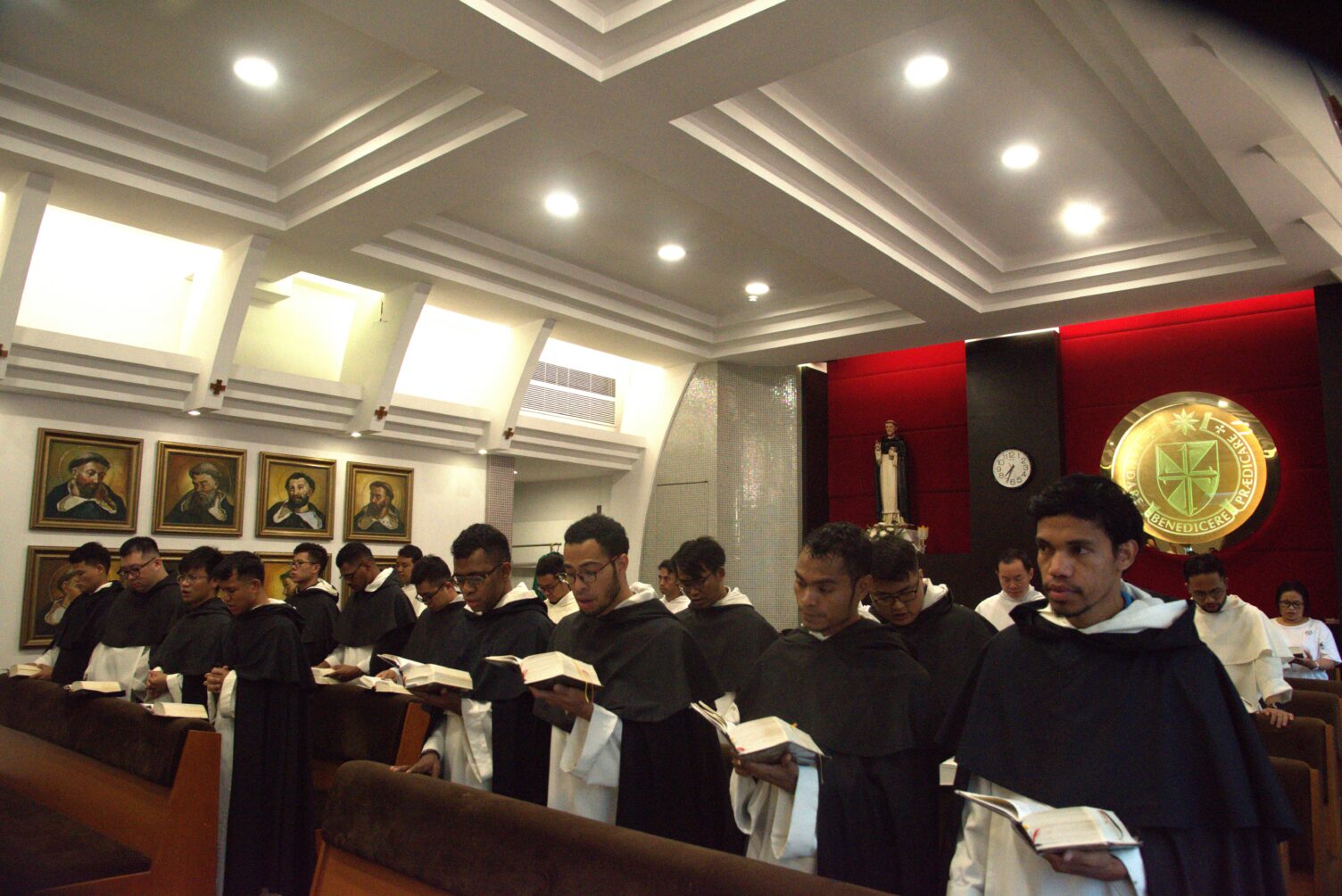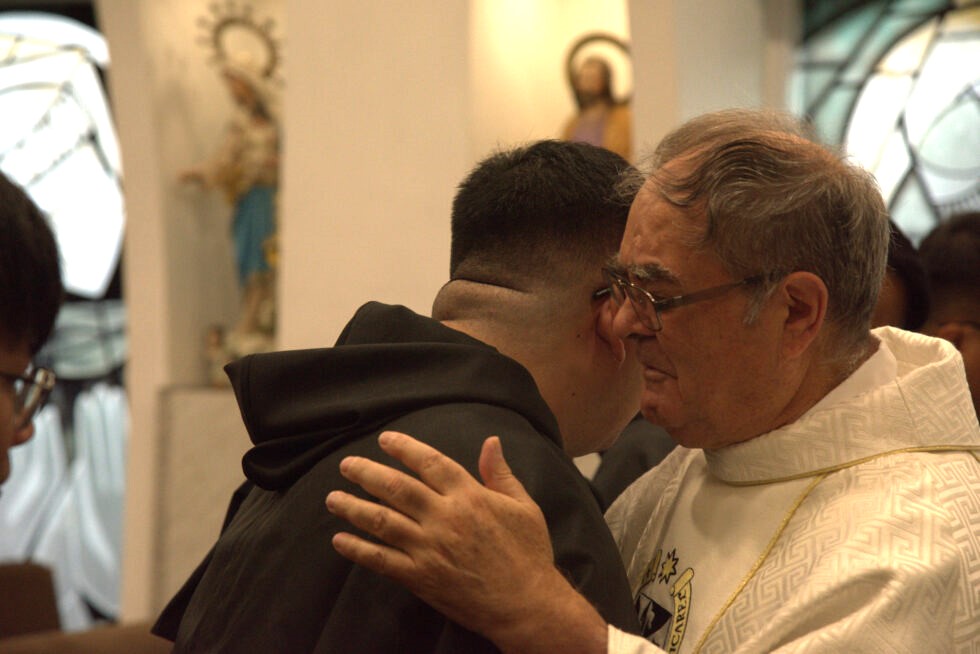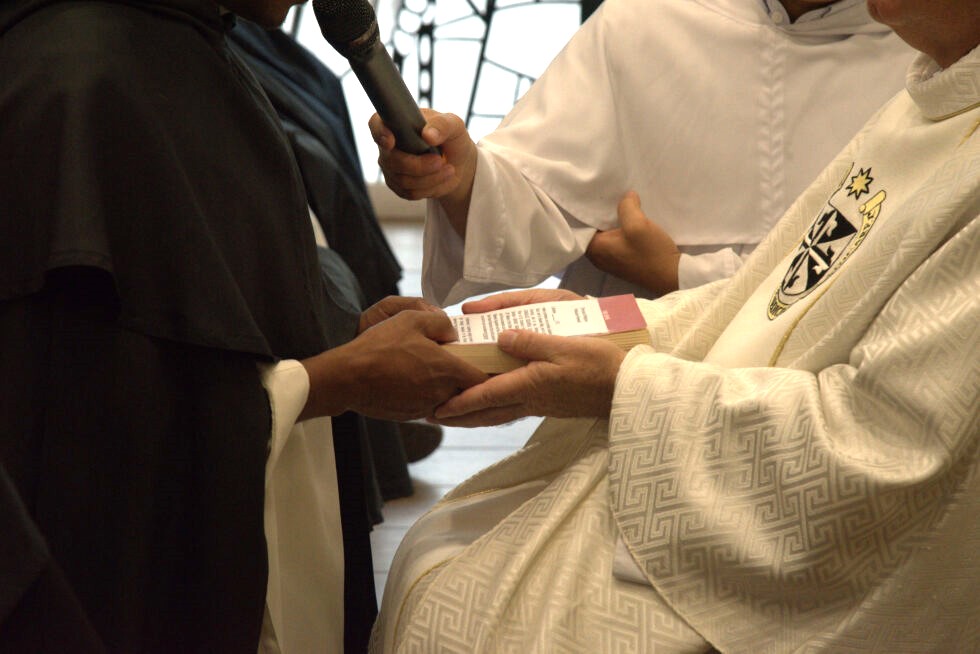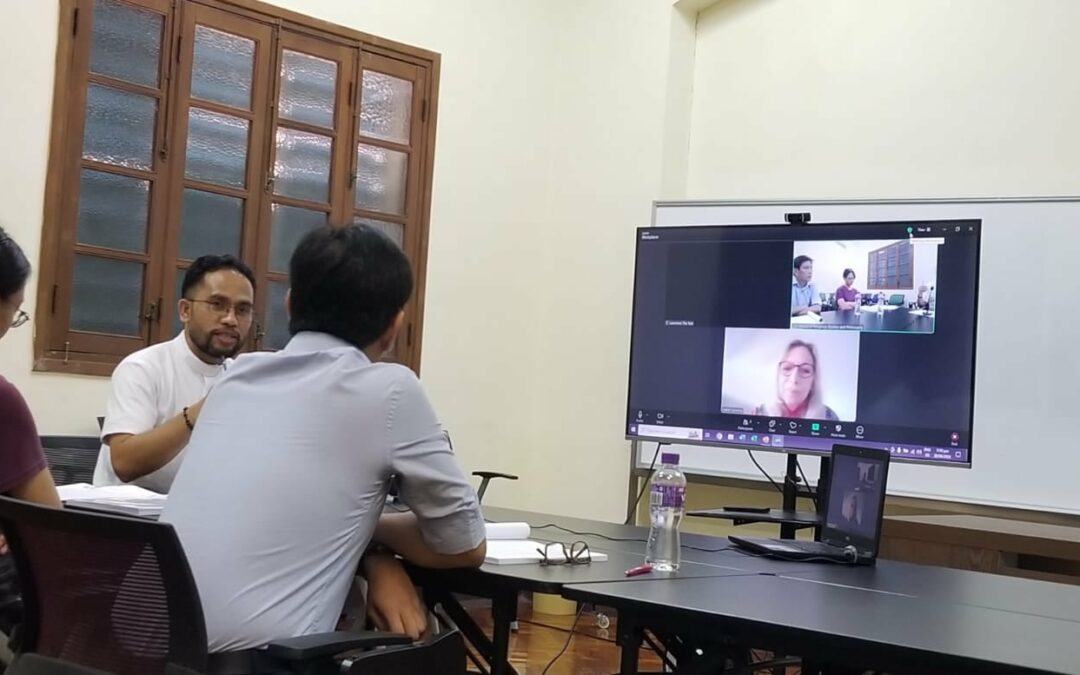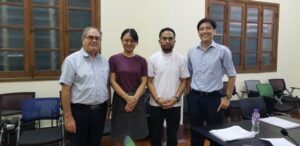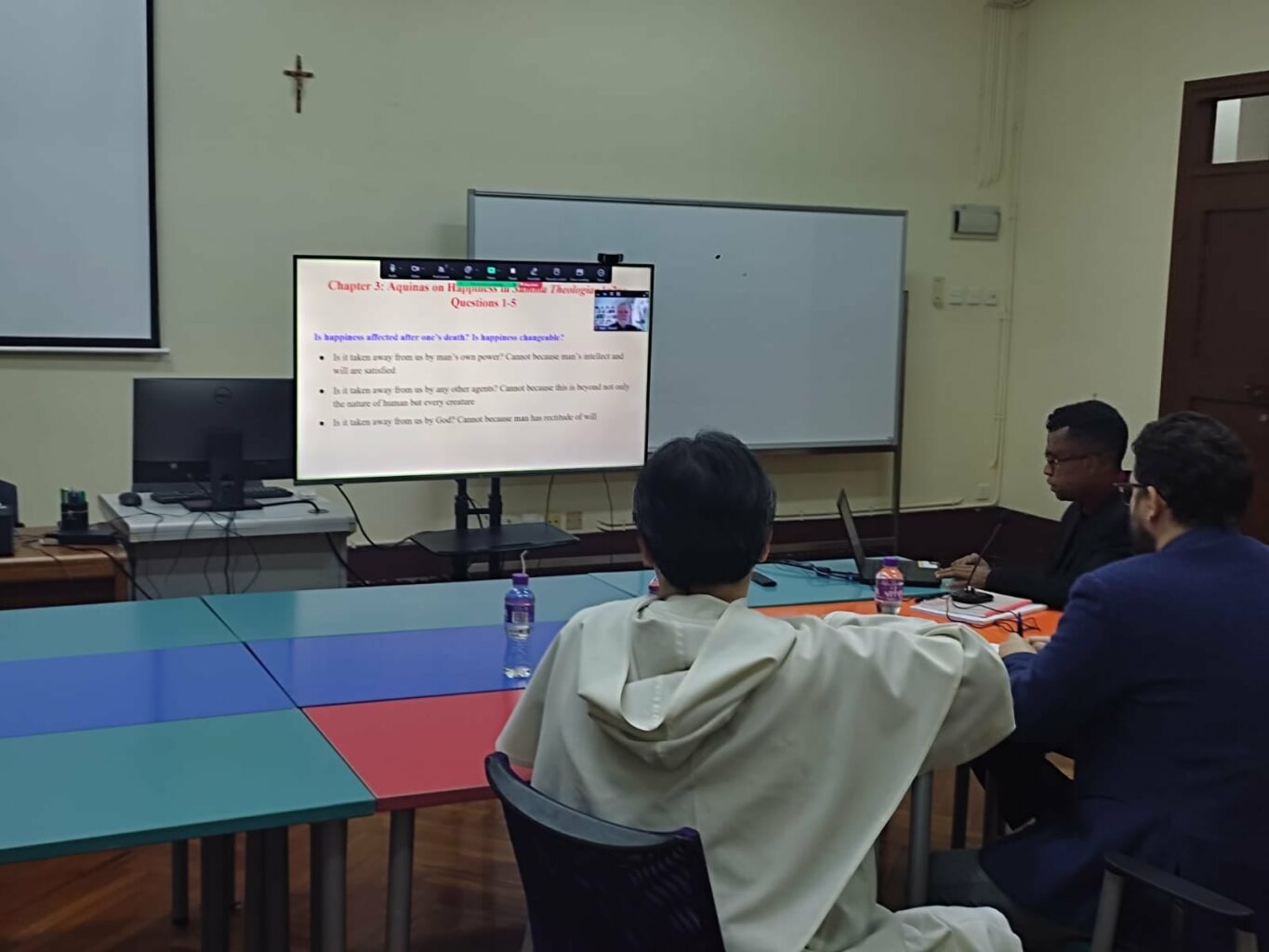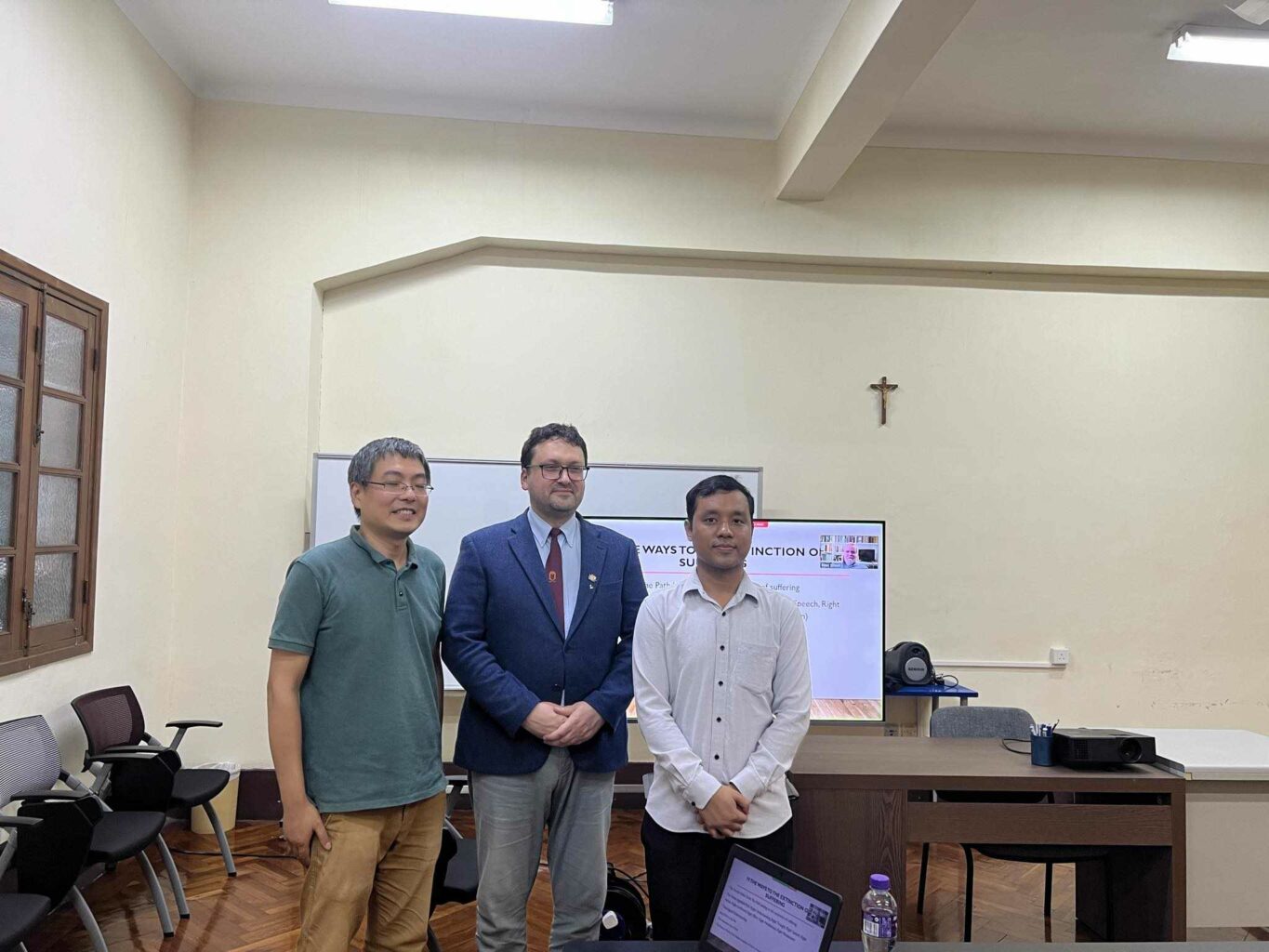
Distant Shores Media/Sweet Publishing, CC BY-SA 3.0 <https://creativecommons.org/licenses/by-sa/3.0>, via Wikimedia Commons
For someone seeking Jesus, intimacy with him is most important. And, ordinarily, our best means of gaining intimacy with him is knowing him in the Scripture. This makes the knowledge of the historicity of the Gospel very important. In this informal essay, I will present some evidence on the historicity of The Gospel According to Mark.
Quick Facts
From the Encyclopedia Britannica, it is certain that “…[The Gospel According to Mark] is the shortest and the earliest of the four Gospels…”. Furthermore, it was “presumably written during the decade preceding the destruction of Jerusalem in 70 CE” (Britannica).
Looking at Primary Sources
I wish to introduce an early witness, Papias, regarding the authorship of the Gospel, for authorship influences its reliability greatly. Papias, according to Britannica, flourished in the 2nd century and was a bishop of Hierapolis, now in Turkey. He was thus an early Church leader, whose view reflects the early Church’s belief, at least in general. Furthermore, “According to the 2nd-century theologian St. Irenaeus, Papias had known the Apostle John.” (Britannica). Papias would thus be a second-generation Christian, having heard the apostle.
Going Deeper:
Can we trust St. Irenaeus? St. Irenaeus, according to Britannica, was born around 120/140 AD and died around 200/203 AD. He was the Bishop of Lyon (now in France) and was declared, by the Catholic Church, a doctor of the Church for his sanctity and knowledge. He has an important work, “Adversus haereses (Against Heresies), written about 180…” (Britannica). Furthermore, “His own works establish a few biographical points, such as that he, as a child, heard and saw St. Polycarp, the last known living connection with the Apostles, in Smyrna, before that aged Christian was martyred in 155.” (Britannica). He was thus a third-generation Christian, the “grandson” generation of the apostles. His Adversus haereses is trustworthy for two reasons. First, St. Irenaeus was intellectually objective. The work aimed to defend orthodox Christian doctrines against heresies. And in so doing, St. Irenaeus would summarize the heretical views before rebutting them. And, “After the discovery of the gnostic library near Najʿ Ḥammādī (in Egypt) in the 1940s, respect for Irenaeus increased: he was proved to have been extremely precise in his report of the doctrines he rejected.” (Britannica). This means he is intellectually objective in dealing with opposing views. Second, St. Irenaeus would, in general, have to carefully check his sources to prevent his opponents from falsifying him. The opponents “said that they possessed a secret oral tradition from Jesus himself.” (Britannica). And “Against such statements Irenaeus maintains that the bishops in different cities are known as far back as the Apostles—and none of them was a gnostic [the heretic]…” (Britannica). In short, Irenaeus relied on the evidence of the succession of bishops in order to defend orthodox beliefs. He must have had been very careful in certifying the bishop list, or else his opponents—who could also access historical sources, being contemporary with Irenaeus—could falsify him. This is an example of why St. Irenaeus would have to be careful in checking his sources. In short, St. Irenaeus’s work has general credibility.
Having now known briefly about Papias, let us look at what he wrote. The below photo is from the book (p.15-16) Jesus and the Eyewitnesses (2006) by Professor Bauckham, a historian at the University of Cambridge.


I will highlight that Papias has integrity and that he can ascertain his information. He has integrity because he says he is writing what he had “learned carefully in the past from the elders and noted down well, for the truth of which I vouch.” He has the ability to know reliable information because he acquired his information from the elders, who either knew the disciples of the Lord—e.g. the apostles Andrew or Peter—or were the disciples of the Lord themselves—Aristion and the elder John (note, this elder John is different from the Apostle John, who had been mentioned separately in the text). Thus, Papias’s testimony regarding certain facts is trustworthy.
Finally, let us look at what Papias’s testimony is (picture is from Bauckham, p.203).

Papias testifies that the Elder, who was either a disciple of the Lord or a disciple of the disciple, taught that Mark heard what Peter taught, and in turn wrote down the Gospel. Peter gave his teachings in chreiai form, which basically means anecdotal form (Bauckham, p.216), corresponding to how the Gospel comprises discrete pericopes and units of speeches of Jesus. Mark “made it his one concern not to omit anything he had heard or to falsify anything.” Thus, Mark reproduced what Peter said accurately, though the narrative may not be in strict journalistic chronology. For example, perhaps we can discern textual evidence in the Gospel that the sequence of certain episodes is arranged thematically rather than chronologically. In short, Mark was an honest person, and he was in a position to ascertain what Peter had taught. Thus, his Gospel is a reliable source of eyewitness accounts.

Distant Shores Media/Sweet Publishing, CC BY-SA 3.0 <https://creativecommons.org/licenses/by-sa/3.0>, via Wikimedia Commons
Thus, Mark’s contemporary fellow disciples loved it and preserved this document, reflecting their trust in Mark’s reproducing accurately Peter’s testimony. The Elder’s testimony regarding Mark, reported by Papias, should not be singular, but rather should reflect the early Church’s common belief. If not, then there would probably be dissension regarding its apostolicity among the second-generation and first-generation disciples. Yet, Papias, who knew disciples from those generations, did not report such a dissension but instead advocated the Elder’s tradition. Thus, there was probably no dissension regarding the apostolicity of the Gospel. Therefore, one can safely believe in Mark’s historicity.

Андрей Николаевич Миронов (A.N. Mironov), CC BY-SA 4.0 <https://creativecommons.org/licenses/by-sa/4.0>, via Wikimedia Commons
Conclusion
Imagine you were a contemporary of Papias, respecting him as a bishop who knew the Apostle John. Now, Papias the Bishop testifies to you that, after careful examination with various disciples of Jesus or disciples of the disciples of Jesus, he found that it has been testified among these first and second generation disciples that Mark wrote the Gospel, following Peter’s words accurately. You would have good reason to trust, then, that the Gospel indeed reproduced what Peter said regarding Jesus. And Peter was an eyewitness to Jesus. So, from the Gospel According to Mark, you would be seeing what Jesus did and taught. Amazing!

Distant Shores Media/Sweet Publishing, CC BY-SA 3.0 <https://creativecommons.org/licenses/by-sa/3.0>, via Wikimedia Commons
Of course, this brief presentation of the evidence alone is far from the whole case for the historicity of the Gospel; much more can be said, such as an argument from modern miracles. But this is solid evidence. Therefore, the Dogmatic Constitution Dei Verbum (1965) taught, “Holy Mother Church has firmly and with absolute constancy held, and continues to hold, that the four Gospels just named, whose historical character the Church unhesitatingly asserts, faithfully hand on what Jesus Christ, while living among men, really did and taught for their eternal salvation until the day He was taken up into heaven (see Acts 1:1). ” (#19).
May we be closer to the Lord day by day!
Hi! I am Brother Marcus, a Malaysian Chinese born in 2000. I studied in an international secondary school in Shanghai, and I majored in Computing Mathematics from the City University of Hong Kong. I joined the Order of Preachers immediately thereafter. Having received God’s love so intimately, I wish to keep receiving His love fully and loving Him back fully, dedicating myself to study and to share the beauty of the truth.
Vocation is a gift. It is a gift from God. Everyone in this world has received a vocation, a call from God. There are a variety of vocations: vocation to married life, vocation to live a celibate life, or vocation to live a single life. There is also a vocation to be, for instance, a teacher, a doctor, a carpenter, a priest, a consecrated person, etc.
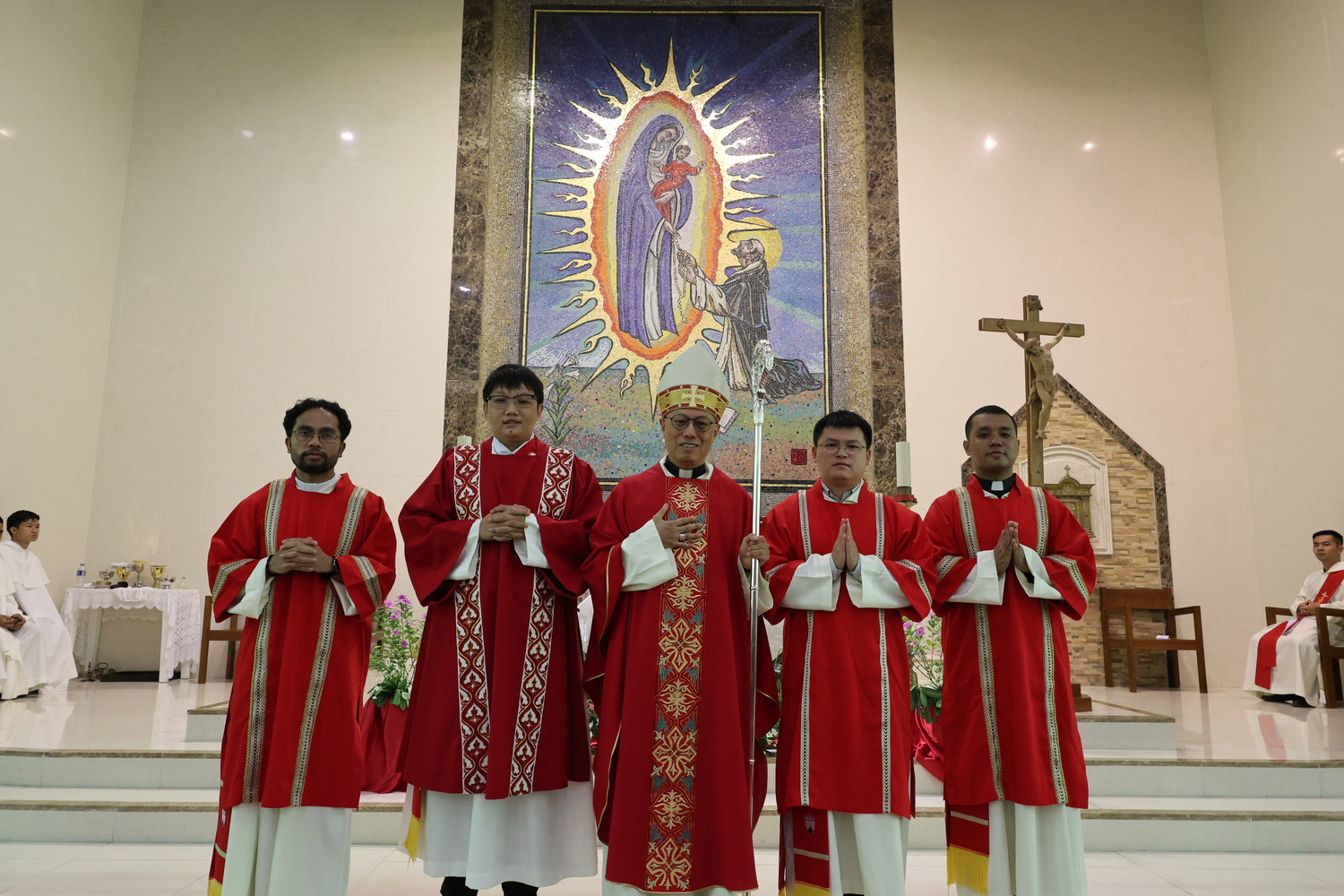
In all these vocations God calls us to live a happy life. No one is called to live a sorrowful life, or to live a bad or immoral life…
When we are happy with our lives and we find peace in our journey, we know then that it is God’s will, God’s plan for us.
Sometimes it happens that we do not understand God’s calling for us; at times we do not even like our job or our vocation. Sometimes other people do not understand our vocation, either. In any case, we need to understand that we did not choose to be born into this world, but it was God who created us; that He calls us and gives us different missions in life, all ordered in the end to our happiness: to praise Him and to serve our sisters and brothers.
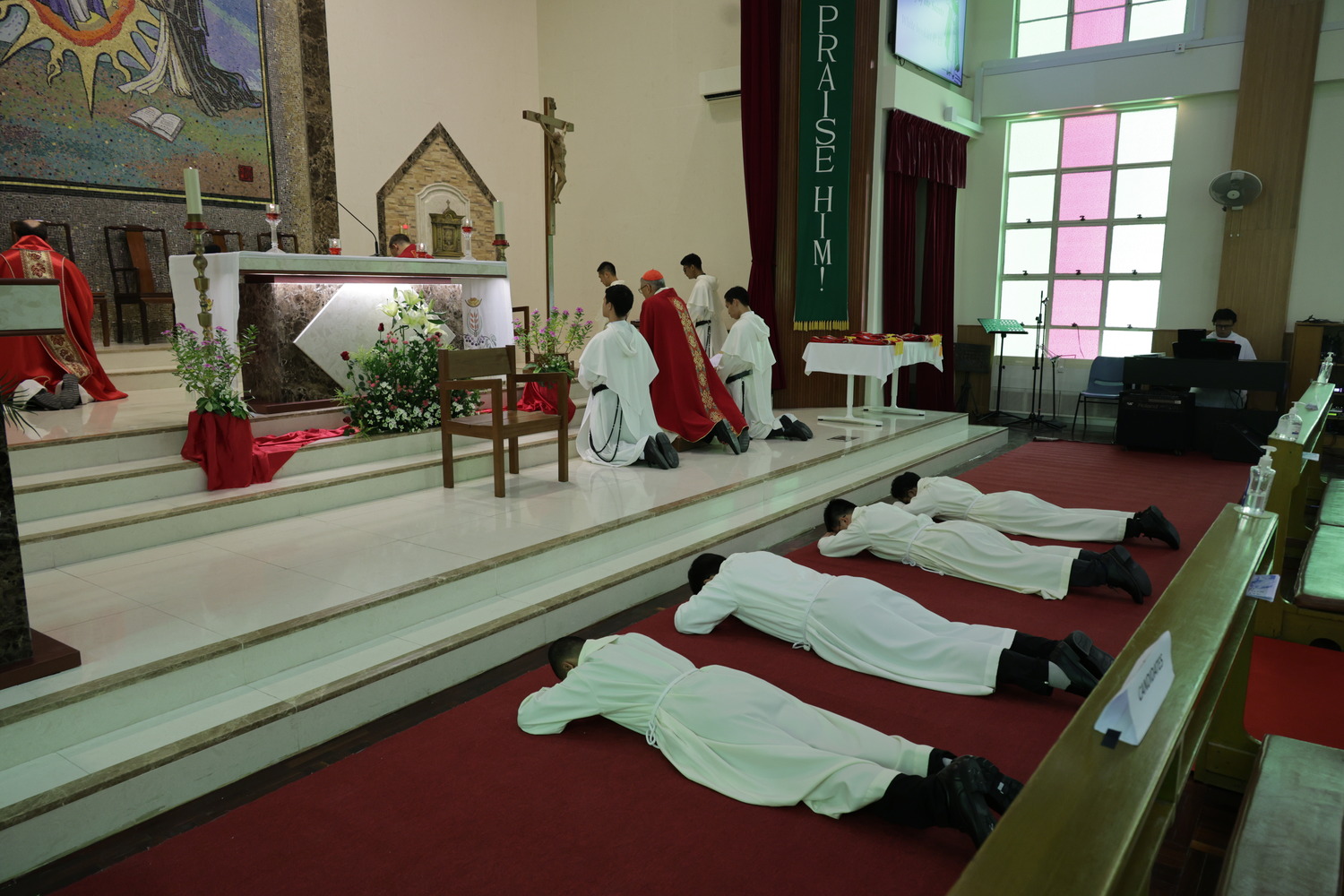
Consecrated Life is one particular vocation, a gift from God. It is a call to offer ourselves totally to Him; to detach ourselves from the world and live for God alone, in the service of the Church and of mankind.
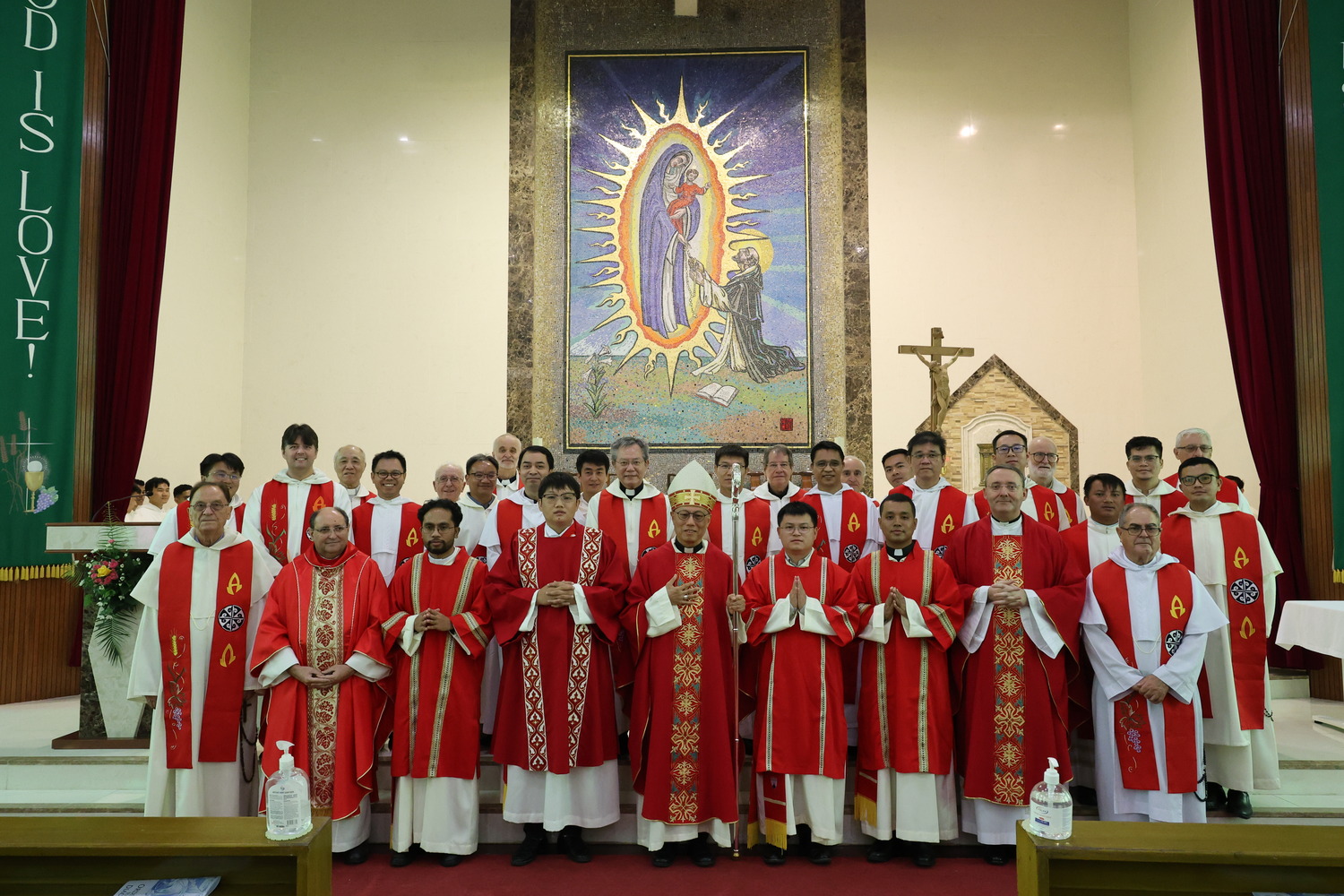
We could say that being totally consecrated to God is a call to figuratively open wide both our arms, lifting up our right hands high while keeping our left hand lower down: with our left hands we receive the supplications, tears, and joys of the world and offer them up to God in heaven; in turn, with our right hand, we receive the blessings, the graces and the healings from God and offer them down to mankind on earth.
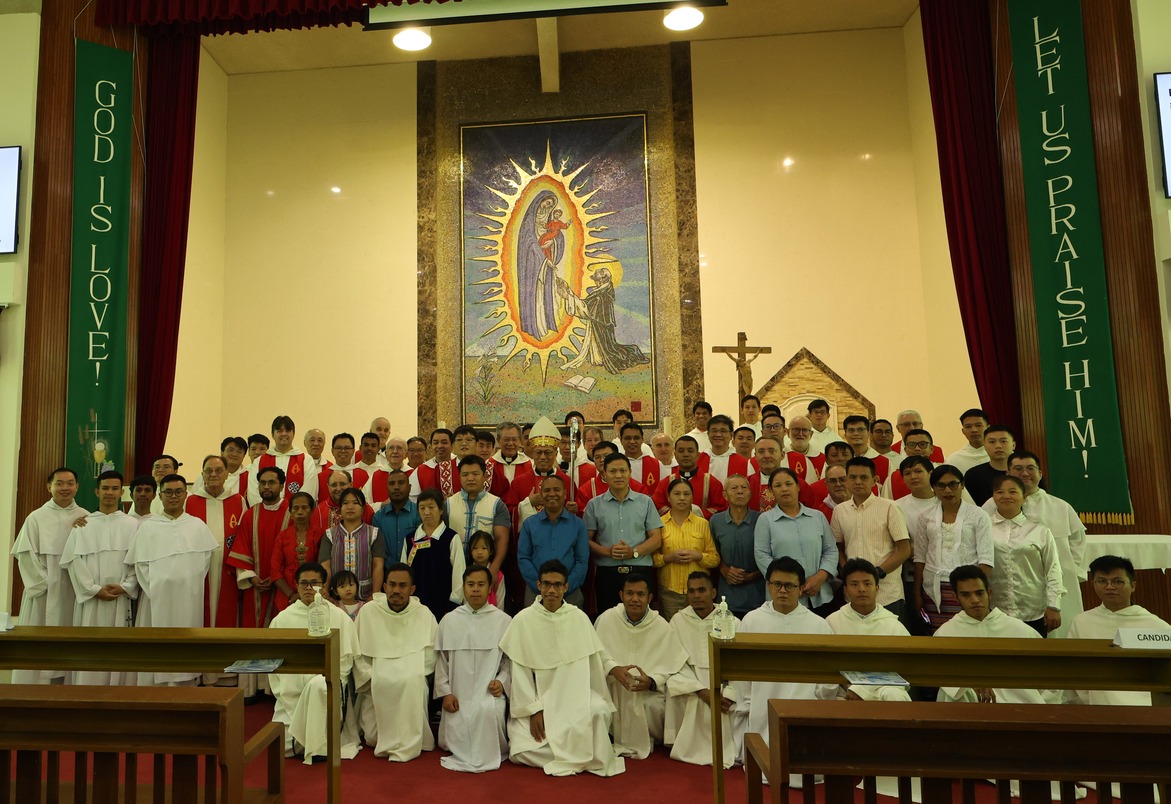
In addition, as Dominican clerical brothers, which is a very special form of consecrated life, endowed with the priestly ministry, we are called to stand by the altar of God and act in the name of Christ the Head of the Church as mediators between God and humanity.
Author: Bro. Rolindo Tilman Moniz O.P
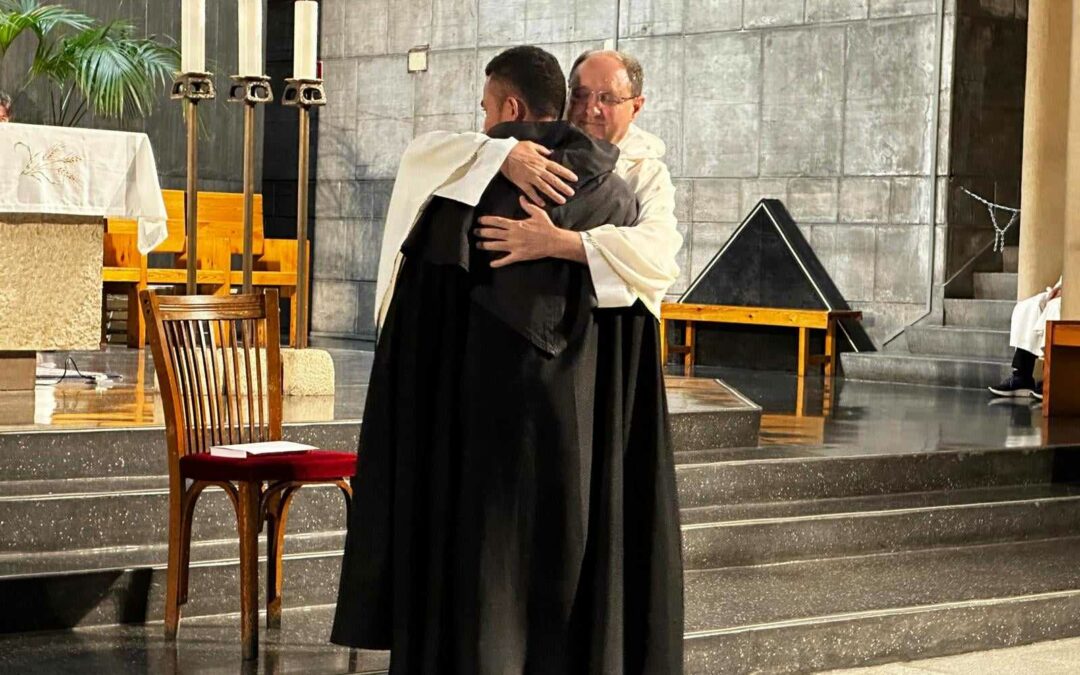
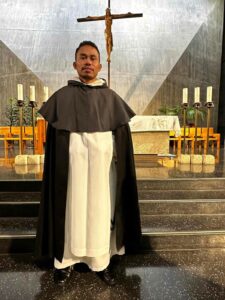
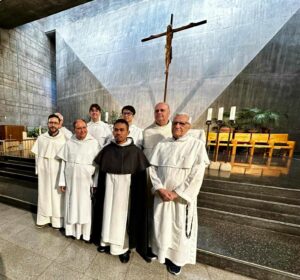
On the memorial of St. Aloysius Gonzaga, today, student brother, Bro. Orlando Lopes, O.P. renewed his religious vows at the Convento Del Santisimo Rosario in Madrid. Prior Provincial Fr. Ruben Martinez Ortega, O.P. received the profession. Bro. Orlando is from Timor-Leste. Let us continue praying for him to be faithful and persevere in his Dominican vocation!

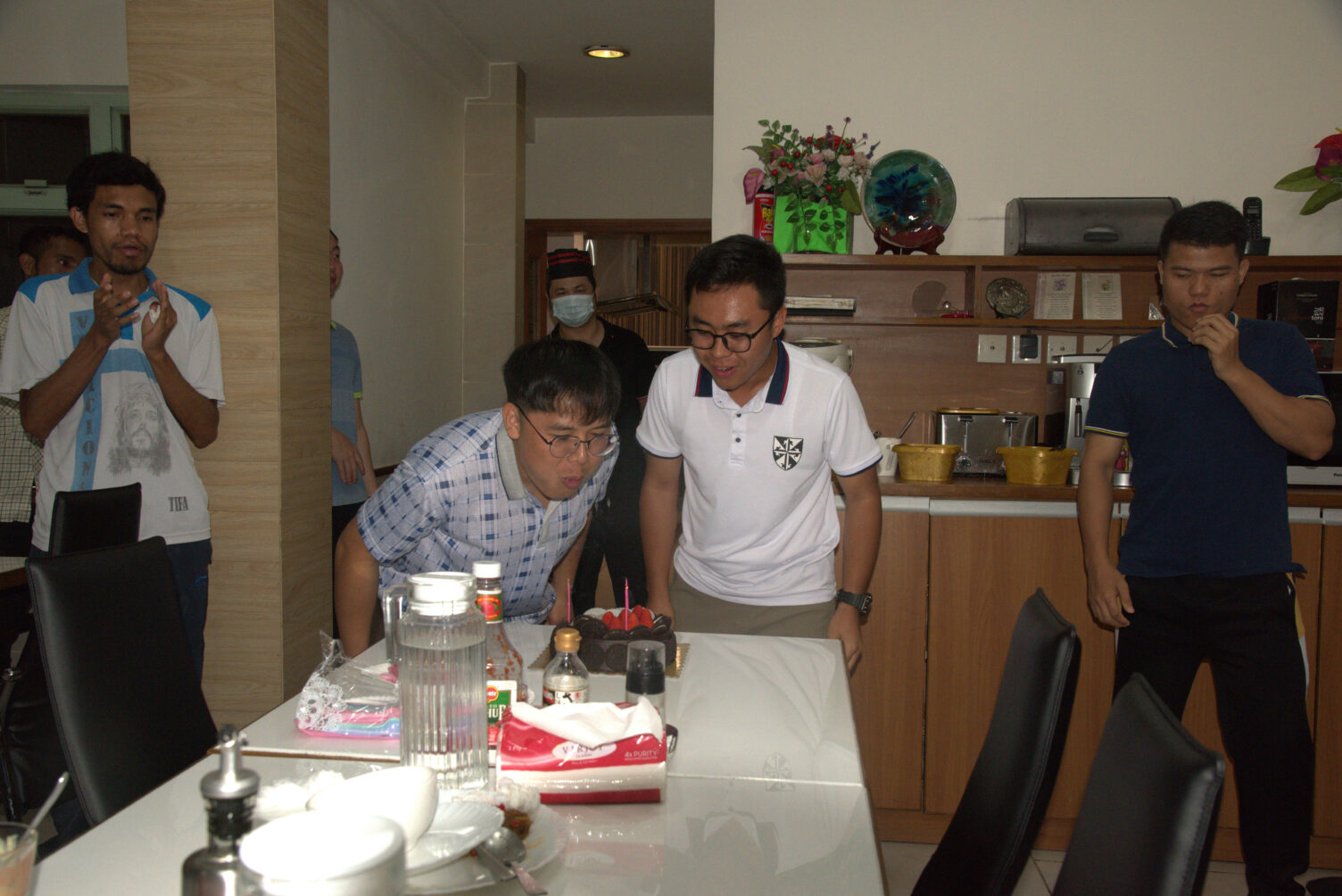
The Priory celebrated the birthdays of the brothers who were born in June.
The celebrants were Br. Joseph Naing Ling Hung, O.P, Br. Xaverio, O.P, and Br. Ephream Nay Myo Thu, O.P. The community greeted them with the warmest wishes.
It was a joyous occasion that brought everyone together in celebration of community life and fraternity.
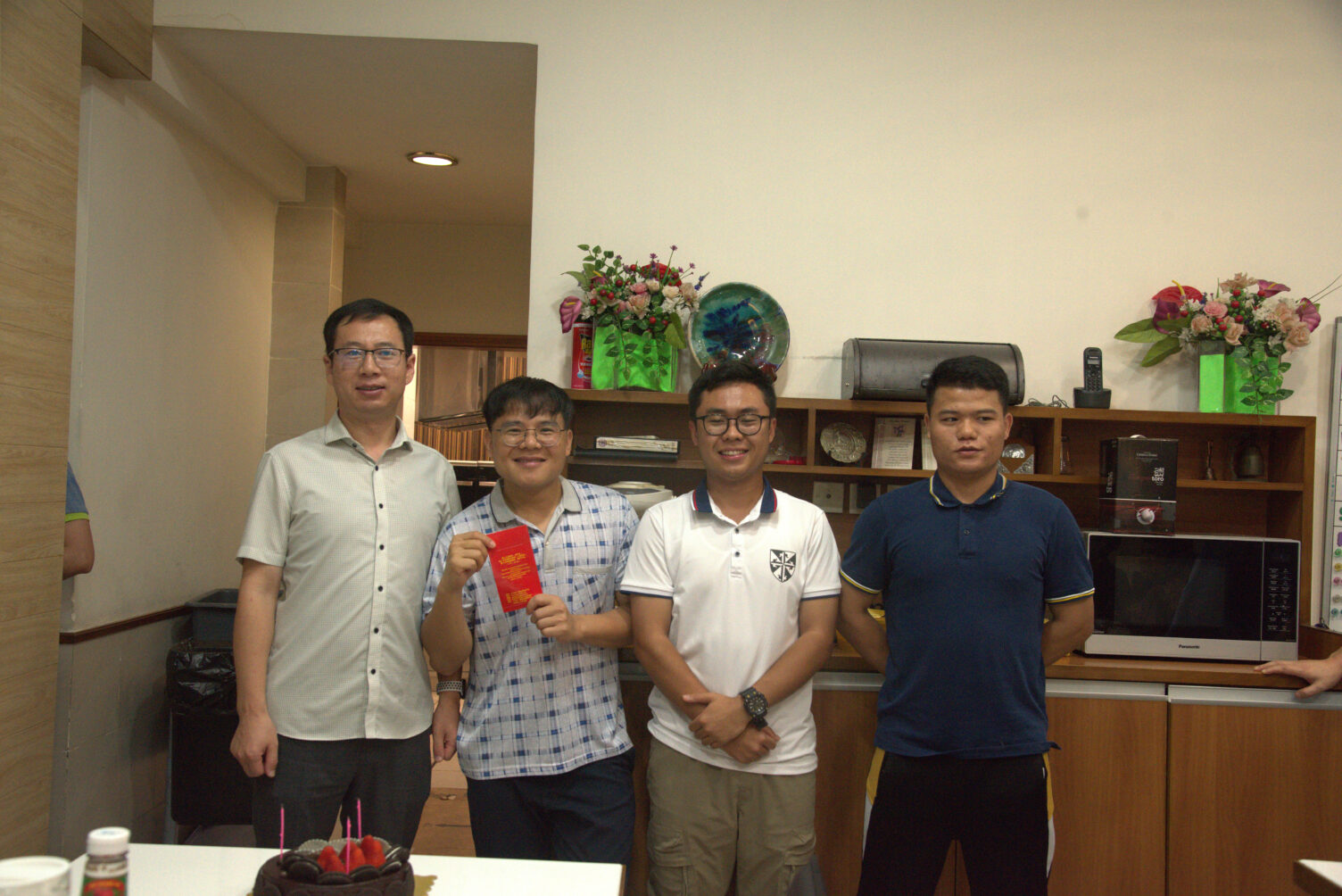
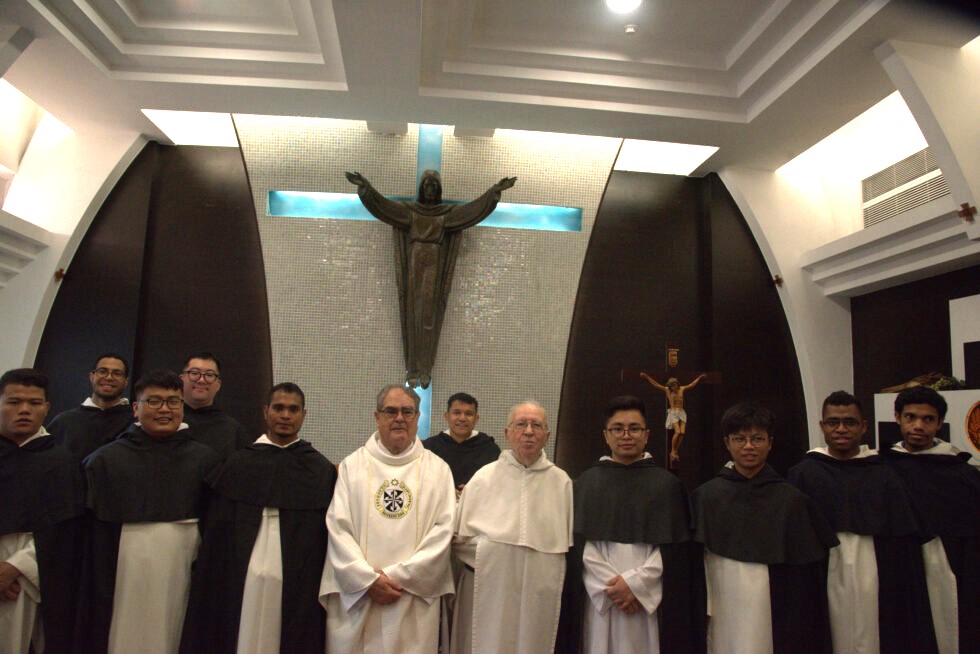

Today, at the memorial of St. Aloysius Gonzaga, thirteen student brothers renewed their religious vows in the Priory’s chapel of St. Dominic. Conventual Prior, Fr. Javier González Izquierdo, OP, presides over the solemn Eucharistic celebration and receives the professions of the brothers. In his homily, Fr. Javier reminds us that the renewing of vows should not be just a symbol but the renewing of persons. The thirteen brothers are from different countries: one from Korea, six from Myanmar, and six from Timor-Leste. Let us continue praying for them to be faithful and persevere in their Dominican vocation!
